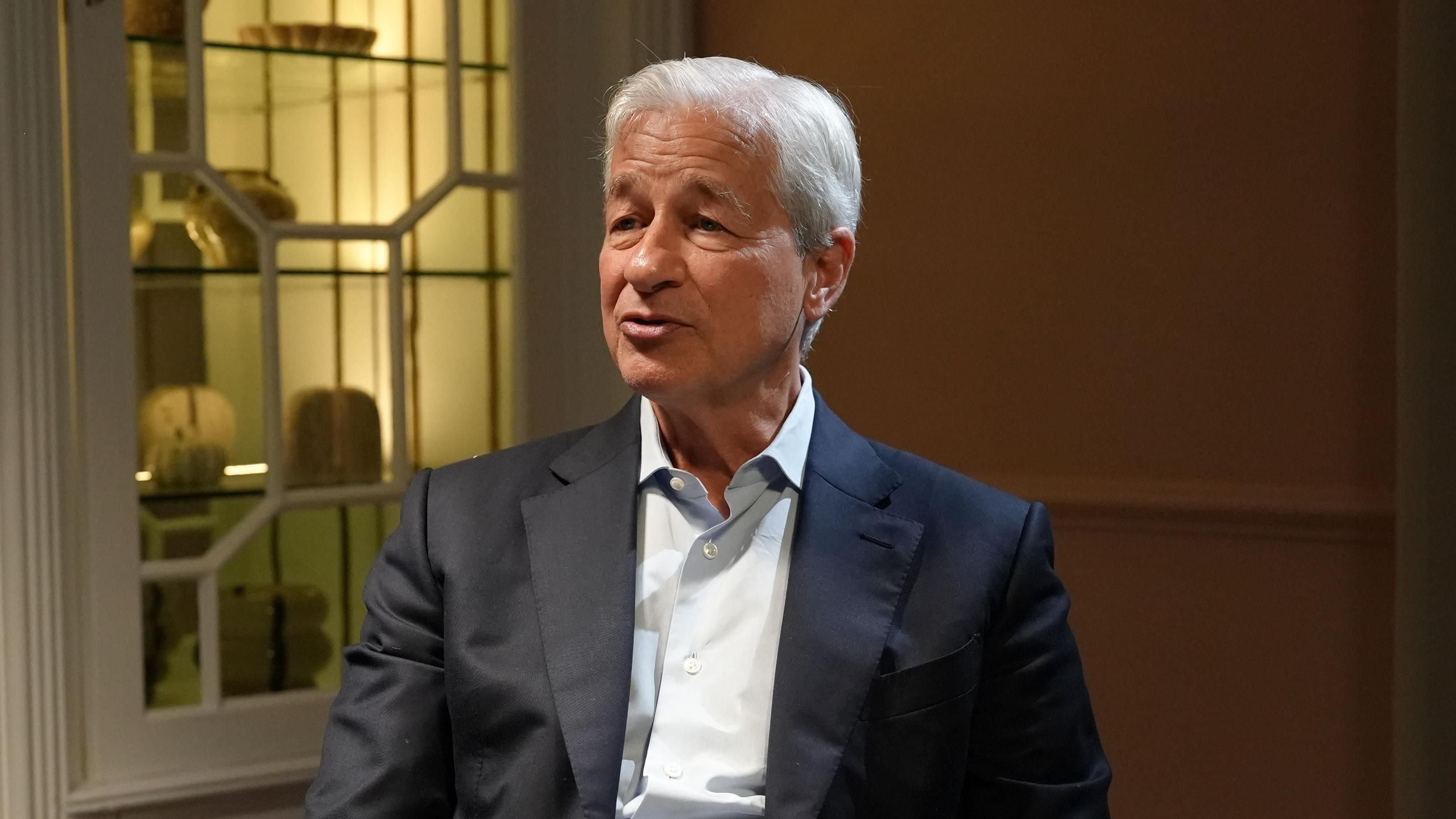A New York judge has dismissed a lawsuit brought by Donald Trump against The New York Times, describing the case as both improper and impermissible, marking another legal setback for the former president. The decision underscores the complex legal battles Trump continues to face as he seeks to challenge media scrutiny and ongoing investigations.
The legal case originated from a 2018 report released by The New York Times which explored Trump’s financial background, including information about his tax records and the family wealth transfer. Trump alleged that the newspaper was involved in what he termed a scheme to acquire private documents wrongly and contended that the reporting was part of an organized campaign to harm his reputation. The judge’s decision, however, clarified that the allegations were legally unfounded and amounted to an attempt to misuse the judicial system against journalists carrying out their professional responsibilities.
Rationale for the termination from a legal perspective
In rejecting the lawsuit, the judge emphasized the importance of press freedom and the protections afforded to journalists under the First Amendment. The court noted that the role of the press in scrutinizing public officials and disseminating information of public interest is a cornerstone of democratic society. The ruling further highlighted that Trump’s legal arguments failed to demonstrate actionable harm, instead framing the lawsuit as a retaliatory tactic against critical reporting.
The court also found Trump’s claims of conspiracy to be unsubstantiated, ruling that the methods used by The New York Times fell within the bounds of investigative journalism. By characterizing the case as “decidedly improper and impermissible,” the judge underscored the need to safeguard journalists from attempts to intimidate or punish them through the legal system. Legal experts note that the decision reinforces longstanding precedent that protects media organizations when reporting on matters of public concern, particularly when the subject is a high-profile political figure.
For The New York Times, the dismissal reaffirms its journalistic practices and strengthens the legal protections available to reporters. The publication has long argued that its investigation was based on legitimate reporting methods and served the public interest by providing transparency about the finances of a sitting president at the time.
Consequences for Trump’s overall legal approach
Este fallo es solo uno de los varios desafíos legales que enfrenta Trump, pero tiene un gran peso simbólico. La desestimación no solo impide que Trump busque daños y perjuicios contra The New York Times, sino que también establece un precedente que podría influir en cómo los tribunales perciben futuras demandas interpuestas por figuras públicas contra medios de comunicación. Trump ha criticado frecuentemente a la prensa, calificando la cobertura desfavorable como “noticias falsas” y tratando de desacreditar a las instituciones que considera adversarias.
Observers point out that the dismissal may narrow the path for Trump’s ongoing legal strategy, which often involves aggressive litigation to counteract investigations and reporting. While the former president has long used legal threats as a tool to intimidate critics, this ruling suggests that courts may be increasingly unwilling to entertain claims that lack substantive legal grounding. The decision may also embolden other news organizations to pursue in-depth reporting on politically sensitive topics, confident that judicial precedent will shield them from retaliatory lawsuits.
The broader legal landscape for Trump remains challenging. He continues to confront criminal investigations, civil suits, and inquiries into his business practices, all of which collectively place him under unprecedented legal scrutiny. In this context, the failed lawsuit against The New York Times is viewed as part of a larger pattern of legal maneuvers that have thus far produced mixed results.
The importance of a free press in this situation
Essentially, the verdict underscores the importance of the media in democratic systems. By rejecting Trump’s legal action, the judiciary emphasized the necessity for journalists to conduct investigations and report without the threat of retaliation from influential figures. This situation illustrates the persistent conflict between public officials attempting to manage their portrayal and media outlets responsible for ensuring openness and responsibility.
Supporters of media freedom have applauded the decision, seeing it as a win not only for The New York Times but for journalism in general. They contend that such instances highlight the necessity of a strong legal system that stops those in power from exploiting the judiciary to suppress dissent. In democratic nations, the media acts as a balance against authority, and the verdict affirms that the judiciary will defend these safeguards, even when facing intense legal confrontations.
International observers have also noted the significance of the ruling, pointing out that press freedom is under threat in many parts of the world. The court’s decision serves as an example of judicial independence and commitment to upholding constitutional rights, setting a standard that resonates beyond the United States.
While the dismissal of the lawsuit marks a victory for The New York Times, it also adds another chapter to Trump’s complicated legal narrative. The former president has consistently portrayed himself as a target of unfair treatment by both the media and the judicial system, and this ruling is likely to be incorporated into his broader political messaging. However, the court’s decision makes clear that legal systems are designed to prevent misuse and to protect institutions essential to democratic governance.
As Trump maintains his pursuit of political goals, the connection between his legal issues and public opinion will be a crucial aspect of his journey. The judgment against his lawsuit emphasizes the obstacles he encounters in managing the legal system and the political field. For reporters, the case’s rejection underscores the importance of investigative journalism and acts as a reminder that holding individuals accountable is an essential role of the media.
Ultimately, the court’s rejection of Trump’s case illustrates the resilience of democratic institutions in the face of pressure from powerful figures. By standing firmly on the side of press freedom, the judiciary has not only resolved a legal dispute but also reinforced a principle that lies at the heart of open societies: the right to question, investigate, and publish without fear of suppression.





